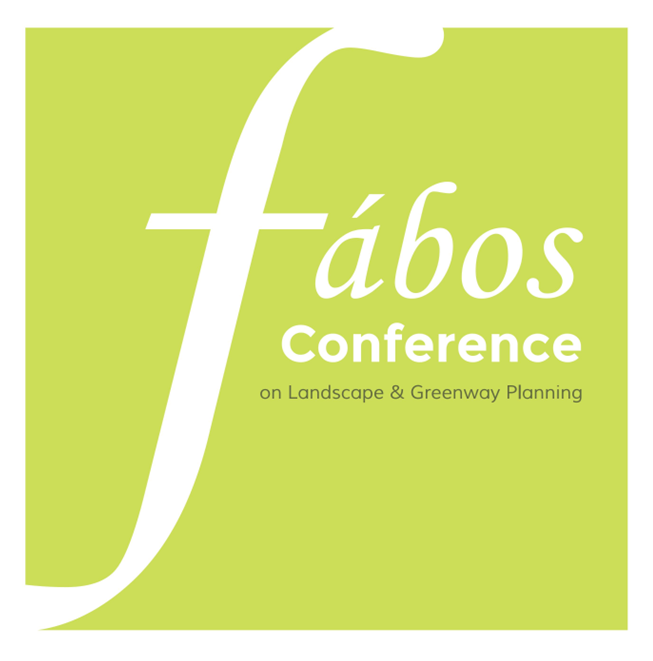Opportunistic Urban Greenways: typologies, precedents and challenge
- Jack Ahern (University of Massachusetts Amherst)
Abstract
As greenways have gained global popularity, planners and city officials have adopted opportunistic strategies to adopt and implement ambitious visions for greenways in space-limited contexts. These opportunistic strategies can be organized into a typology of four principal types: unused infrastructure, vacant lot patchwork, “found” space, and urban redevelopment-related. These types can be defined by their urban context, goals, scale and functions supported. A series of precedents are presented that illustrate the diversity of approaches in American and European cities. While the opportunities are many, challenges to their implementation exist, including: overcoming public preconceptions about vacant urban lands, monitoring the benefits (ecosystem services) provided, acknowledging and addressing the important ecosystem disservices found in vacant and spontaneous urban lands and building strong public support through community participation in planning and design.
Keywords: urban greenways, opportunistic greenway plannig, vacant land
How to Cite:
Ahern, J., (2022) “Opportunistic Urban Greenways: typologies, precedents and challenge”, Fábos Conference on Landscape and Greenway Planning 7(1). doi: https://doi.org/10.7275/99en-p664
Downloads:
Download PDF
423 Views
722 Downloads
